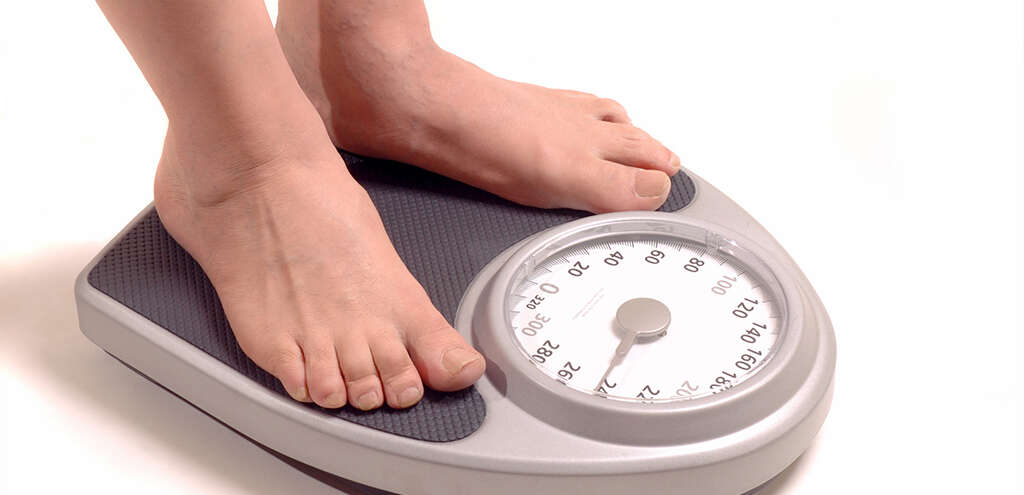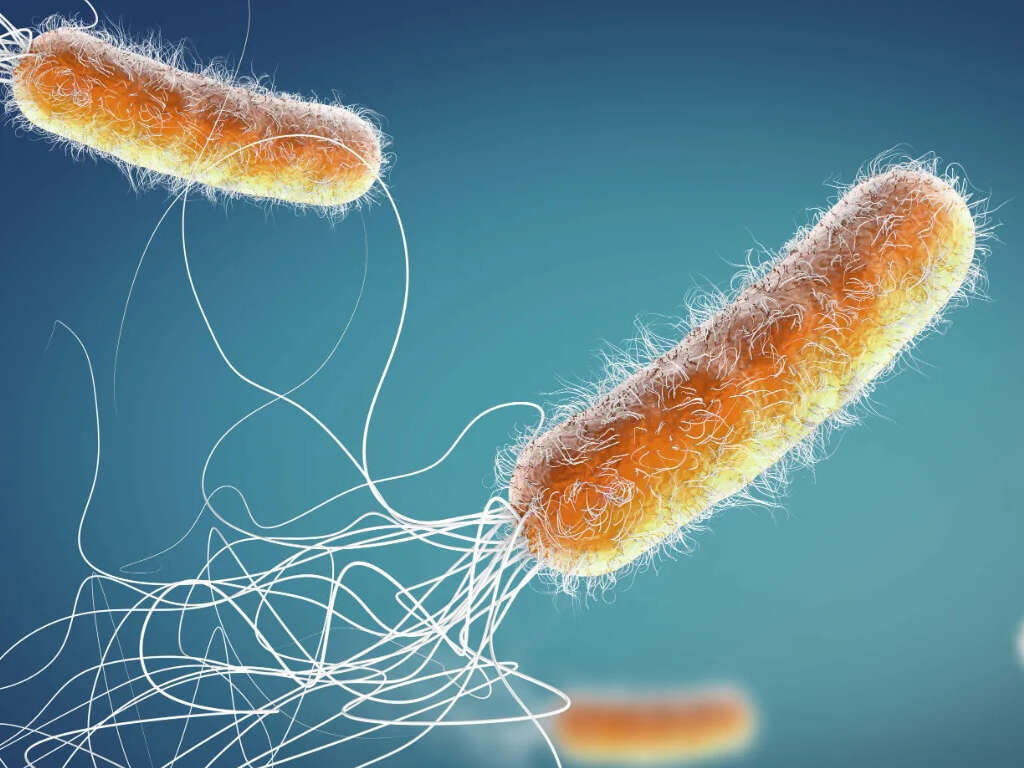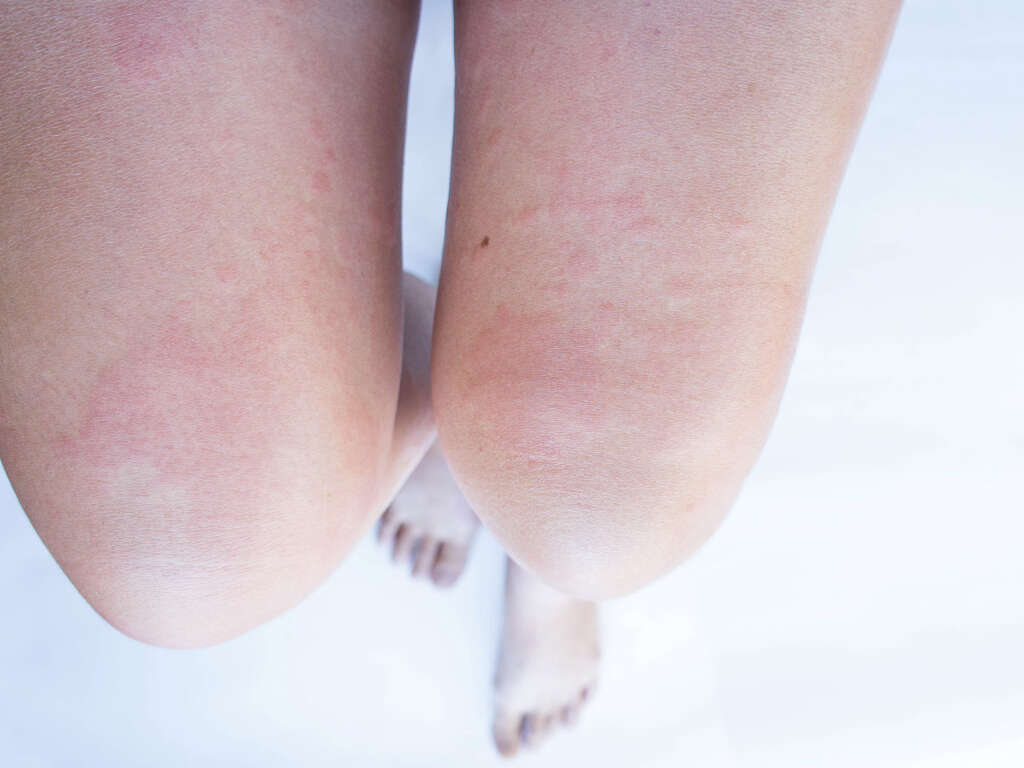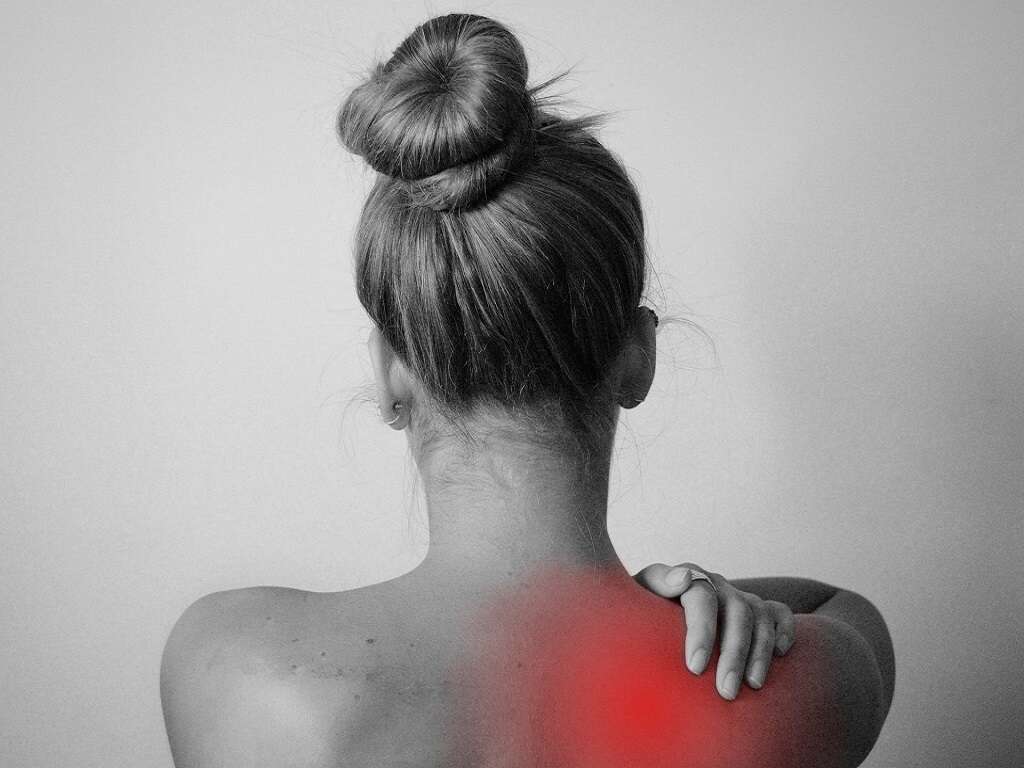10 Hashimoto's Disease Symptoms
Hashimoto’s disease is an autoimmune disease. This means that the patient’s body is being attacked by the very immune system that is supposed to be protecting it. In Hashimoto’s disease, it is specifically the thyroid gland that is being attacked and this has an effect on the body’s natural hormone levels.
The hormones in our bodies influence us in some very profound ways. They affect the functioning of our organs and also have a direct influence on our mood. This means that Hashimoto’s disease leads to a range of symptoms. There is no known cure and it may need to be treated with medication and sometimes it can be managed with lifestyle changes. It can lead to fatalities in rare severe cases.
Symptom #1: Fatigue
How active different people are can depend a great deal on their genetic makeup. Some are born more active than others, largely due to differences in hormone levels. Other factors such as exercise and health factors also play a part. Sometimes, it can also be down to illnesses, including Hashimoto’s disease.
Hashimoto’s disease directly affects the production and secretion of certain hormones into the body. These hormones often help to regulate our energy levels, meaning we can begin to feel fatigued if they are affected. Fatigue can be caused by a wide range of complications and you should consider contacting a doctor if symptoms persist.
Symptom #2: Sensitive to Cold
How we handle the cold varies widely from person to person. Many people detest it and will prefer to stay in during cold weather rather than venture outside. Other people like the crispness of the cold weather and enjoy being out in it. Your sensitivity to cold weather is also likely to vary according to the climate you were bought up in.
If you have suddenly developed an unusual sensitivity to cold, though, then it could be that all is not well with you. Indeed, an increased sensitivity to cold is a fairly common symptom of Hashimoto’s disease. Such symptoms can be caused by various complications and you should consider speaking with a medical professional if you are experiencing them.

Symptom #3: Heavy Menstruation
There are not many animals that menstruate, so homo sapiens are quite a select species in that regard. This particular solution to fertilization helps ensure a cycle of fresh, fertile eggs and an environment in the womb that is able to support a fertilized egg. It results in a monthly flow of old uterine lining and blood from the womb, and the heaviness of this flow will vary from person to person.
The menstrual flow can also be affected by other conditions such as Hashimoto’s disease. Patients with the condition are likely to experience that their flows are heavier than usual. Hashimoto’s disease can also lead to difficulties in conceiving.
Symptom #4: Constipation
If you don’t pass stools for longer than usual then this is likely to result in dry, hard stools which can be difficult to pass. This is because they have spent more time in the digestive tract, meaning there has been more time for water to be absorbed. It can become painful and is something that can need medical assistance if severe enough.
Our digestive systems are partly controlled by the hormones in our bodies. If the hormones are affected, then it can result in us becoming constipated. Remedies are available that can help with constipation but a doctor’s appointment may be necessary if symptoms persist.

Symptom #5: Muscle Pain
Muscle pains and aching joints are just considered a part of life to many people. We can wake up one morning with aches and pains with no idea of how we got them, and they can disappear just as mysteriously as they arrived. Sometimes, though, they will have a very specific cause and Hashimoto’s disease is one such cause.
It is not completely clear why Hashimoto’s disease causes aching joints and muscle pains. One suggestion is that it could be down to abnormal oxidative metabolism that results from a hormone imbalance. This can lead to impaired functioning of the muscles and even muscle injury.
Symptom #6: Weight Gain
Some people find it so much harder to keep weight off than others. This is often down to genetic differences that affect how many calories we burn. Our metabolism is affected largely by the hormones in our body, and this can affect the calories we are burning off. If this leads to us consuming more calories than we burn, then weight gain is likely.
Hashimoto’s disease directly affects our metabolism, resulting in our calorie burn decreasing. This makes weight a fairly common symptom of the condition. The patient’s metabolism should hopefully return to normal once the condition has been successfully treated.

Symptom #7: Hair Loss
We can often tell a lot about a person’s lifestyle and overall health just by looking at their hair. Our hair is very much alive and requires nourishment if it is to stay in good condition. If somebody is sick in some way, then their hair can lack the nourishment it needs and begin to lose its condition as a result.
Hashimoto’s disease is known to cause hair loss in patients. In addition to losing hair, they can also experience thinning hair that becomes dry. This is largely down to poor circulation meaning the hair isn’t supplied with the blood it needs. The hair is likely to return once the underlying condition has been treated.
Symptom #8: Slow Heartbeat
Our heartbeat will often fluctuate, particularly when we are excited or when we have been exercising. While there is often a lot of emphasis on keeping our heartbeat rate down, at least when resting, it is also important to keep it high enough. If it slows down too much then a range of complications can ensue.
Patients with Hashimoto’s disease are quite likely to find that their heartbeats will begin pumping at a slower speed than usual. This can result in a poor circulation which itself can result in various symptoms. If your heart is beating unusually slow for any reason then you should speak with a doctor if you haven’t already.

Symptom #9: Memory Loss
Our brains are able to store an extraordinary amount of information. This information is often readily available to us whenever we need it, allowing us to recall even distant memories without effort. If the brain is negatively affected in some way, though, then our memory can also be affected.
There is evidence that Hashimoto’s disease may lead to neurodegeneration. This will directly affect the performance of the brain and can lead to the patient having difficulty remembering even simple things. It can also encourage an overall loss of cognitive ability and increase the risk of dementia. If you are beginning to suffer from such cognitive loss, then you should consider speaking with a medical professional.
Symptom #10: Depression
Depression is one of the world’s biggest killers, especially among men. It is a mental condition that we still have a great deal to learn about, but a lot of research is being carried out. There is no known cure as yet but we are at least getting better at treating the condition. Its causes are often not clear, but we do know it can be a symptom of Hashimoto’s disease.
With Hashimoto’s disease affecting the body’s hormone levels and possibly the brain, many people with the condition will begin to suffer from depression. It is a serious condition in itself and the results can be catastrophic if not addressed.











